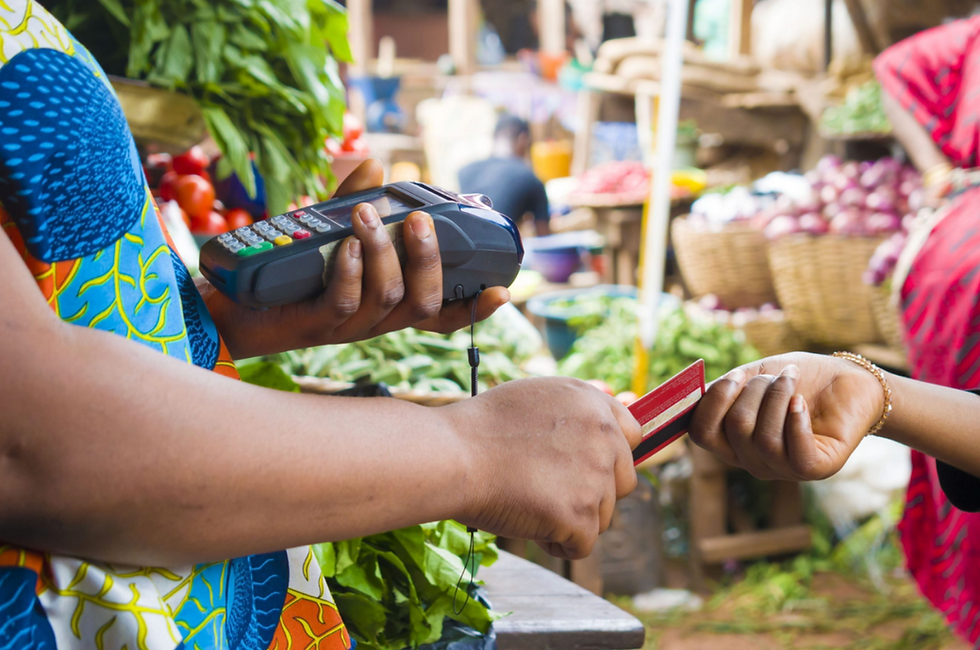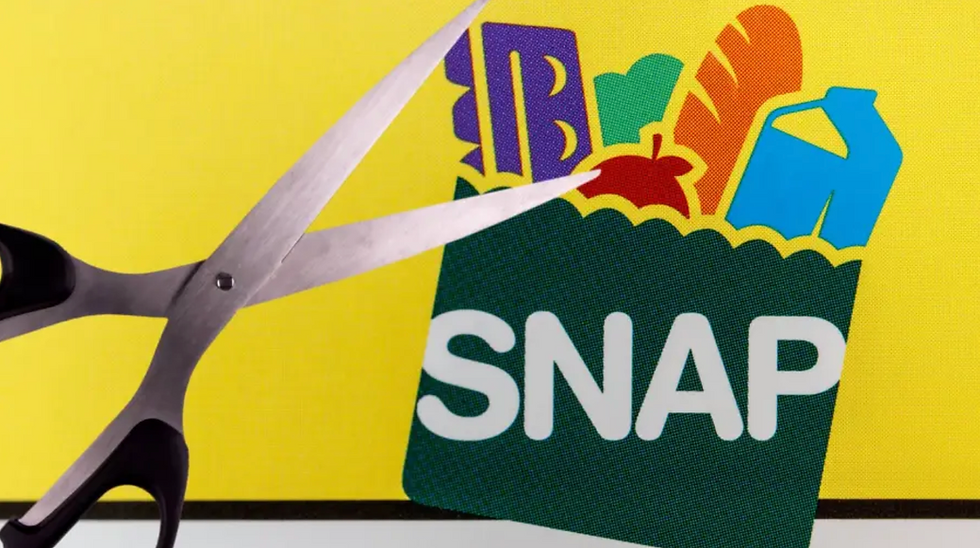Summer Intern Reflection
- alisoncohenrtf
- Aug 17, 2023
- 3 min read
Updated: Sep 9, 2025
August 17, 2023
By Naomi Yaeger

For six weeks this summer, I had the privilege of interning at the National Right to Food Community of Practice (NRtF CoP). When I came to the internship, I was passionate about the issue of food insecurity, but I knew very little about the right to food movement. As a rising senior in high school, I didn’t really know what to expect. Through the internship, I learned about the rationale for a right to food movement in the U.S., engaged in design work, researched, and compiled important data, and learned about what was happening in the movement right now from right to food advocates around the nation. The summer far exceeded my expectations, and I am so grateful that I had the ability to support efforts to bring the right to food to the U.S.
Each week, I would have a few projects to work on. These projects covered a vast range of topics, from creative jobs such as working on a timeline of food sovereignty and the right to food in Maine (look out for that soon!) to research heavy jobs such as finding more information on People’s Tribunals. Each job was interesting and allowed me to understand a different facet of how communities are advocating for the right to food.
Besides completing projects, I also attended and took notes on the monthly NRtF CoP meetings, where I was able to meet and learn from activists from around the nation. I noticed during these meetings that the different members of the CoP were constantly asking each other questions. Participants shared what had worked in their respective states (and what hadn’t), workshopped each other’s ideas, and shared the titles of books they had found helpful so that the rest of the community could also learn from those texts. On those calls, I was surrounded by people who not only wanted to create a positive change for their communities, but who were also actively making that change a reality. Listening to the progress that has been made in the right to food movement so far and the CoP’s next steps going forward made me not only hopeful for change in the near future but reignited my excitement for the work of the NRtF CoP.
I was also able to volunteer at the Urban Outreach Center’s food pantry, a nonprofit that provides low-income New Yorkers, primarily from the Upper East Side and East Harlem, with healthy food, clothing, hygiene essentials, and social services in a dignified way. Shaun Kennedy, a member of the NRtF CoP and a director at the Urban Outreach Center, welcomed me and made it super easy for me to show up, grab a name tag, and start passing out food. Without the NRtF CoP, I would not have been able to partake in this meaningful experience.
Through my internship, I came to more fully understand what food sovereignty and the right-to-food means for our communities. Both concepts declare that all people have the right to consume and produce food that is both nutritional and culturally appropriate. To achieve food sovereignty, the people who produce, distribute, and consume food should also be in charge of the policies governing the production and distribution of that food. The right to food looks different in different states and environments. For example, policies enacting the right to food in rural environments cannot operate the same way that they do in urban settings, and vice versa. I’m so grateful for this summer with the NRtF CoP. I know that the movement will continue to evolve and grow over the next few months, and I can’t wait to see where it goes.



